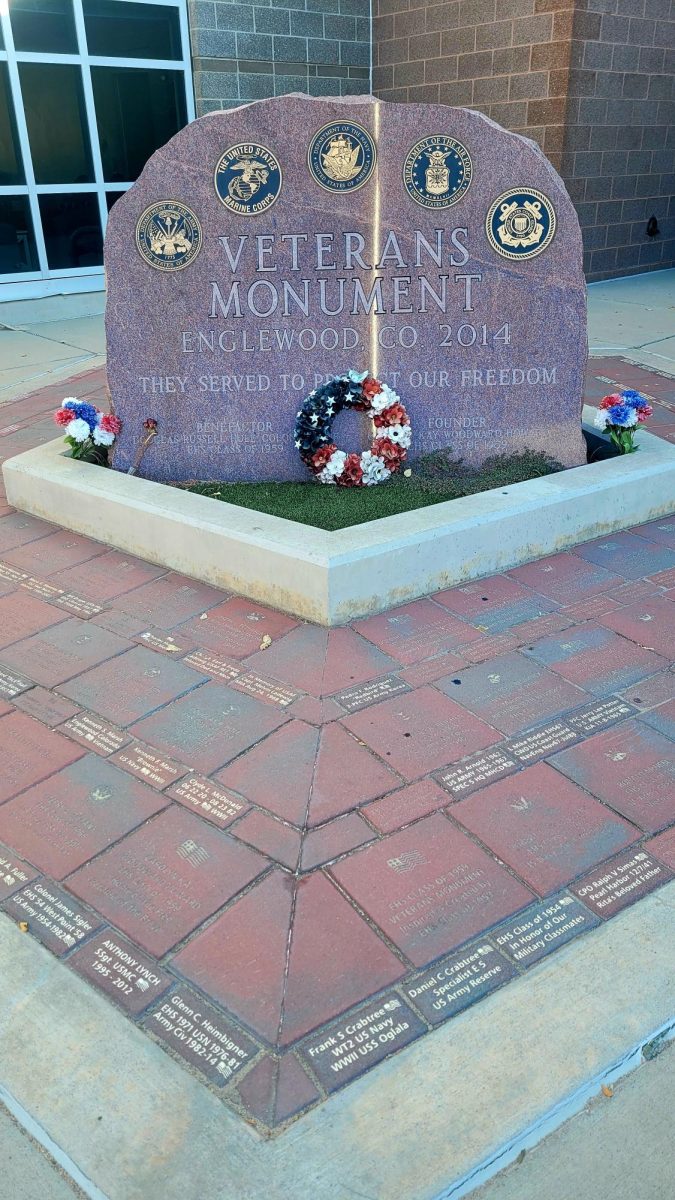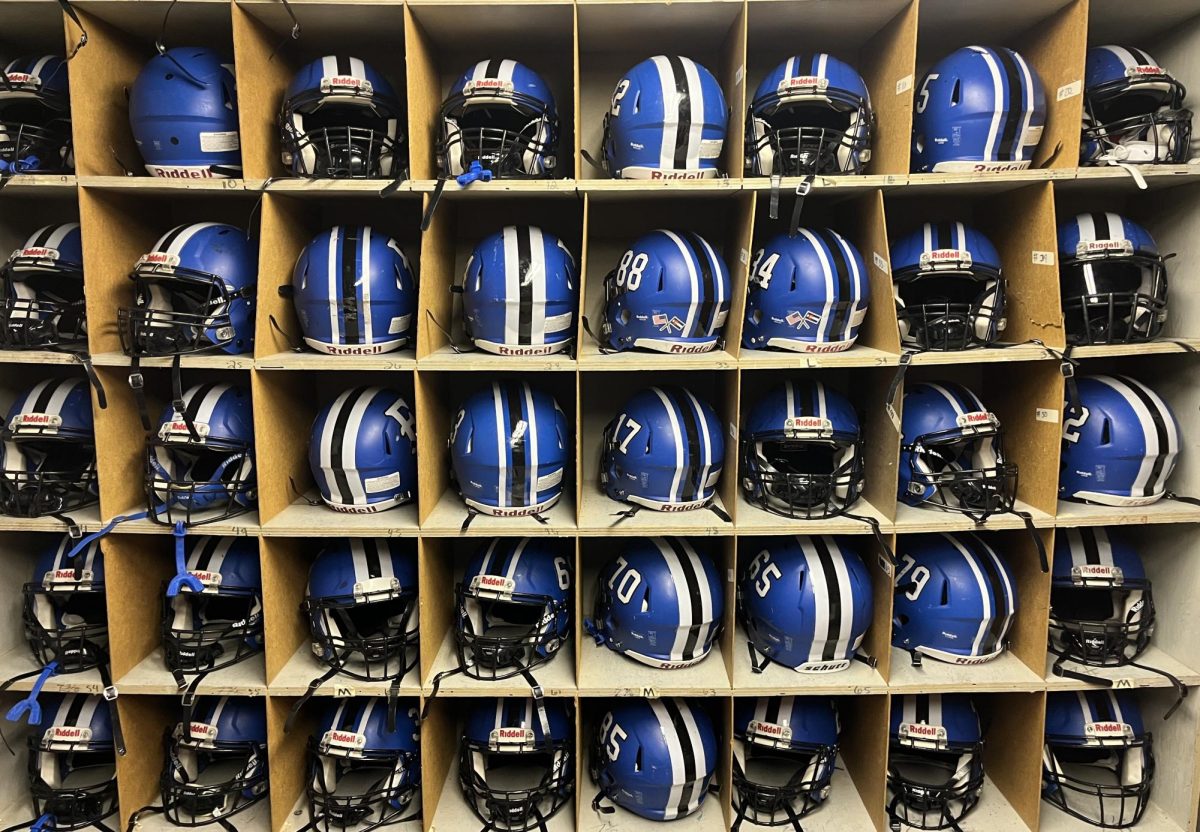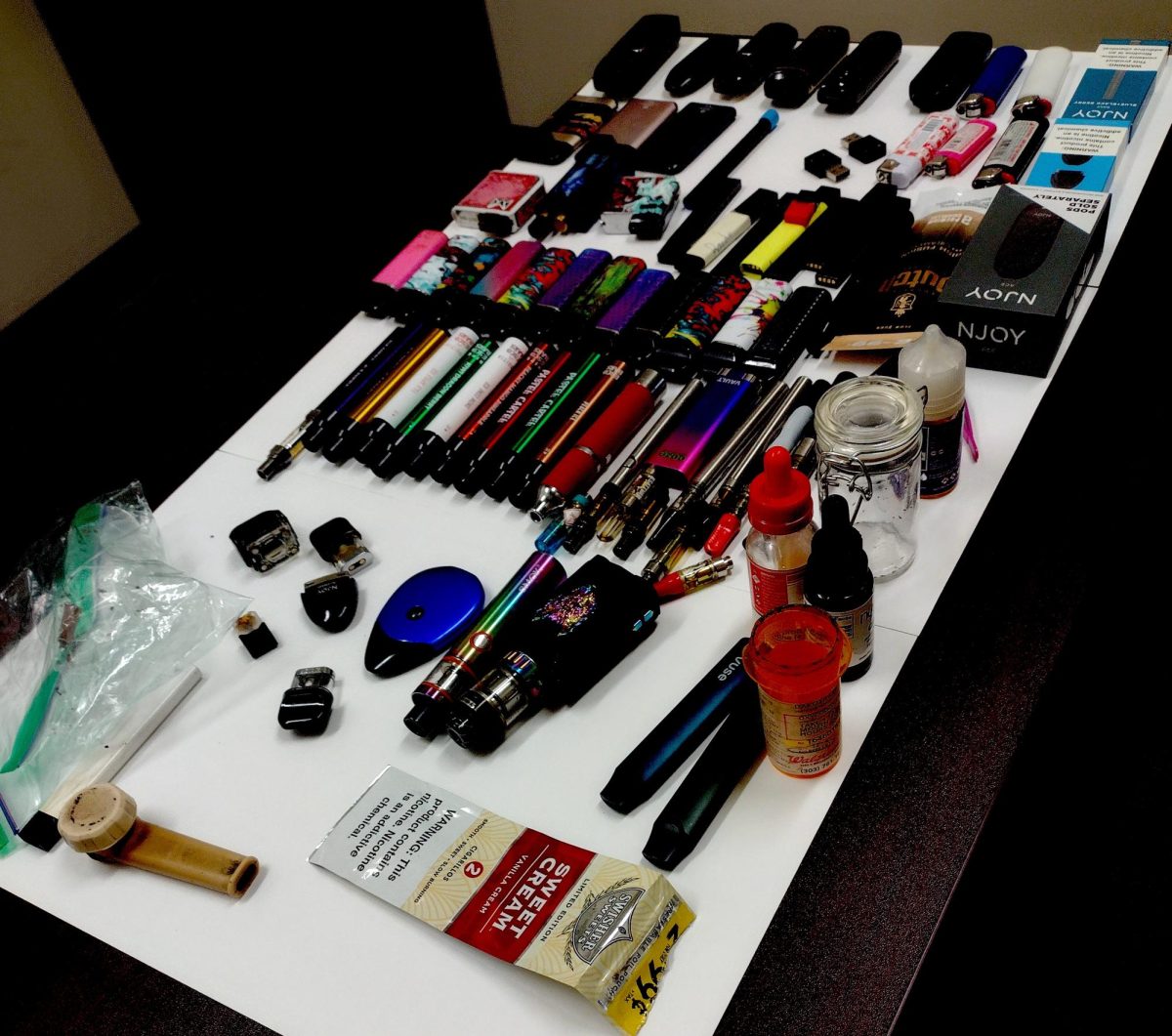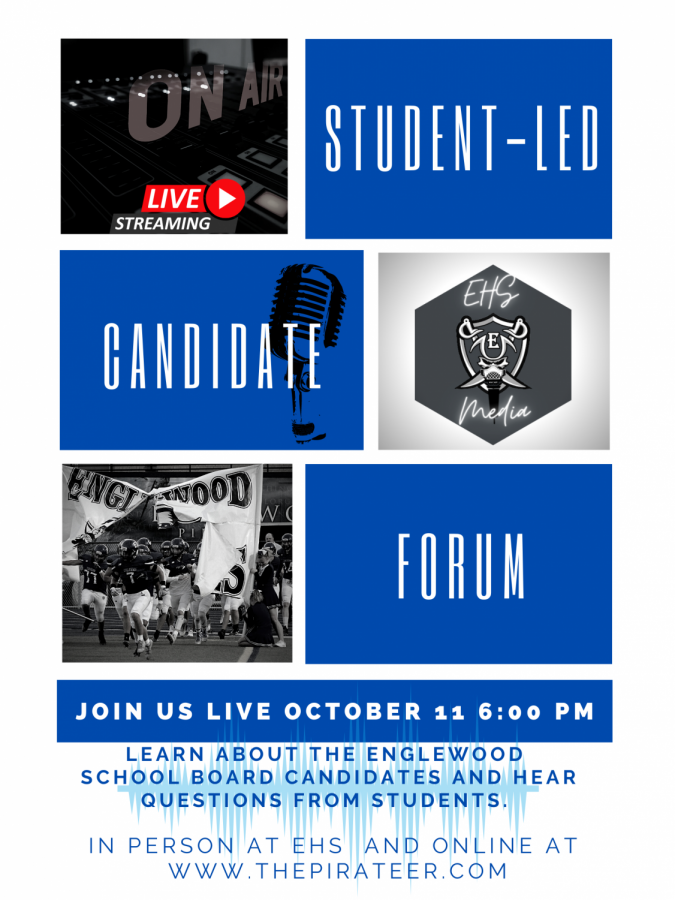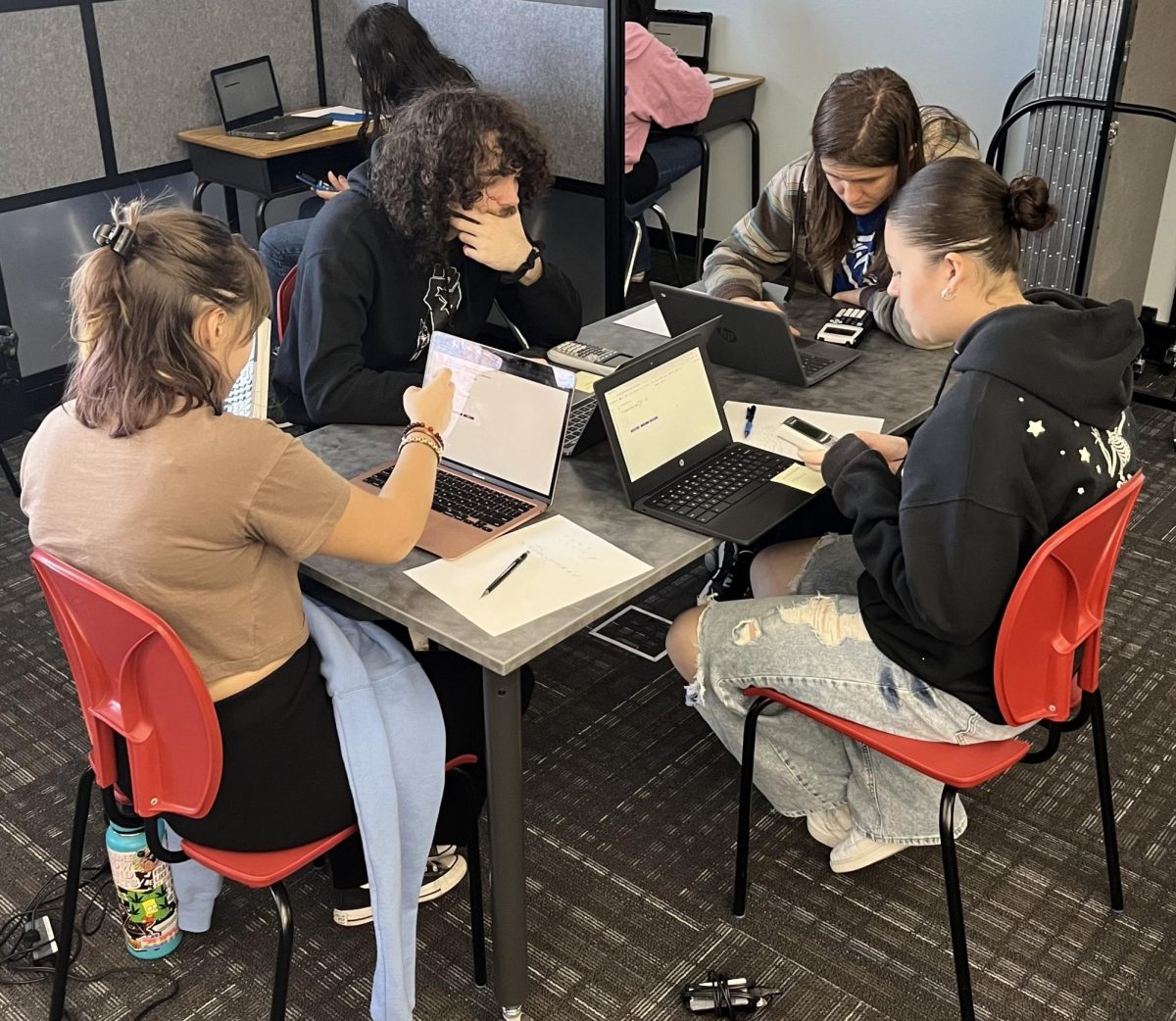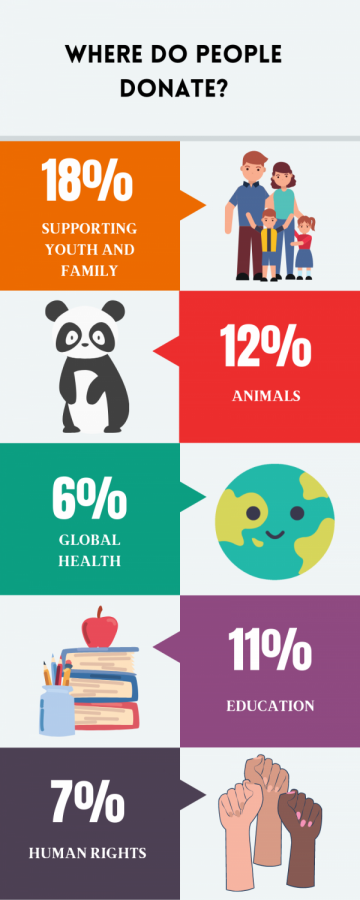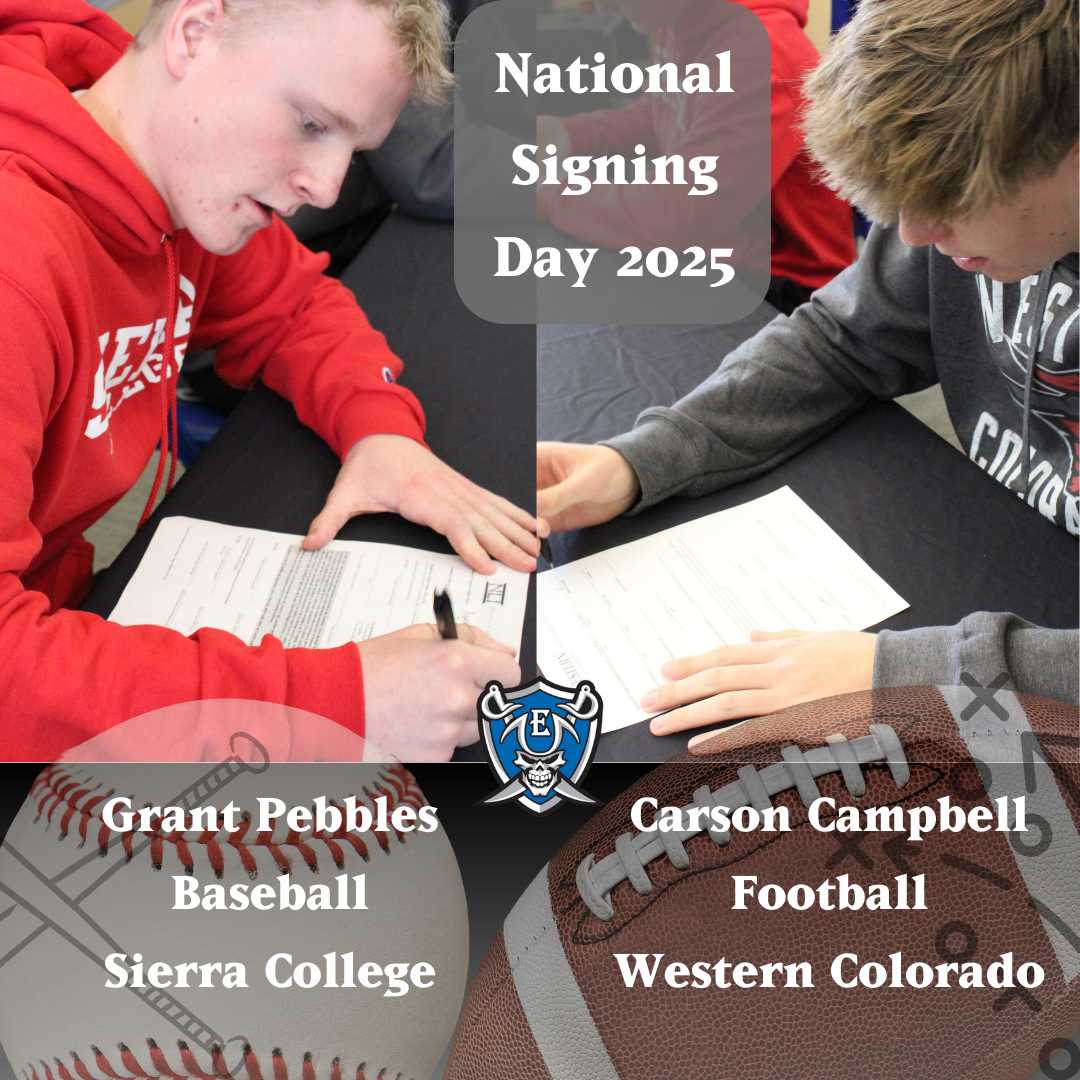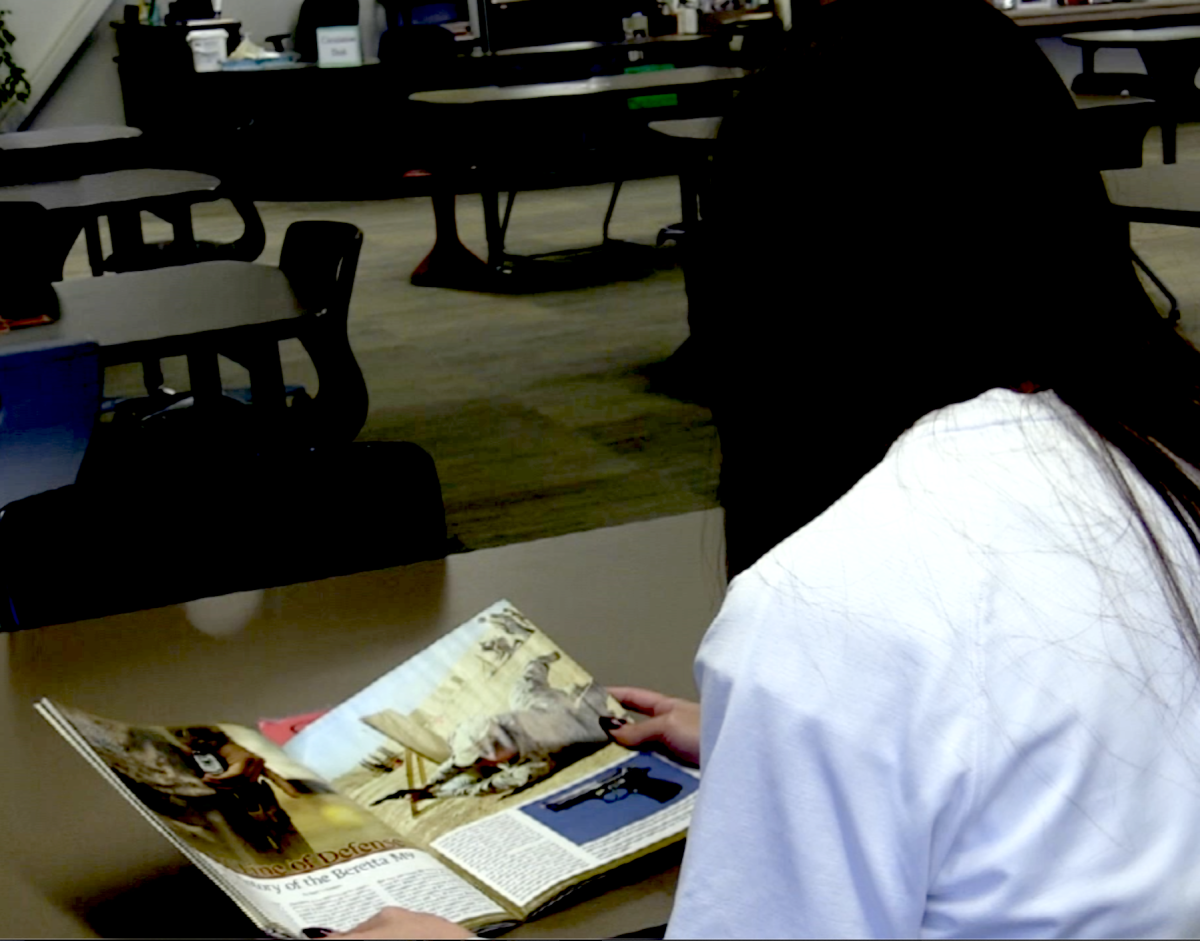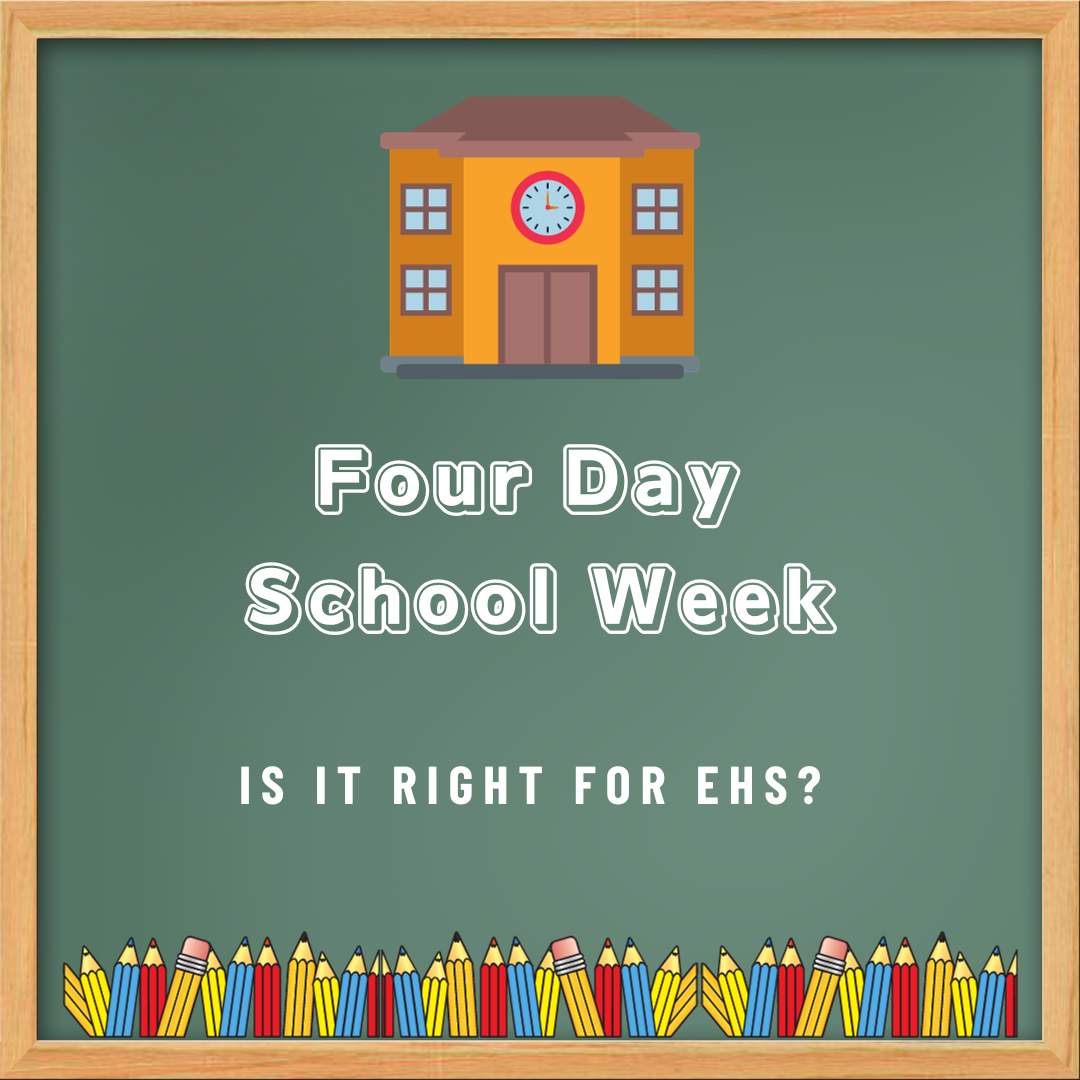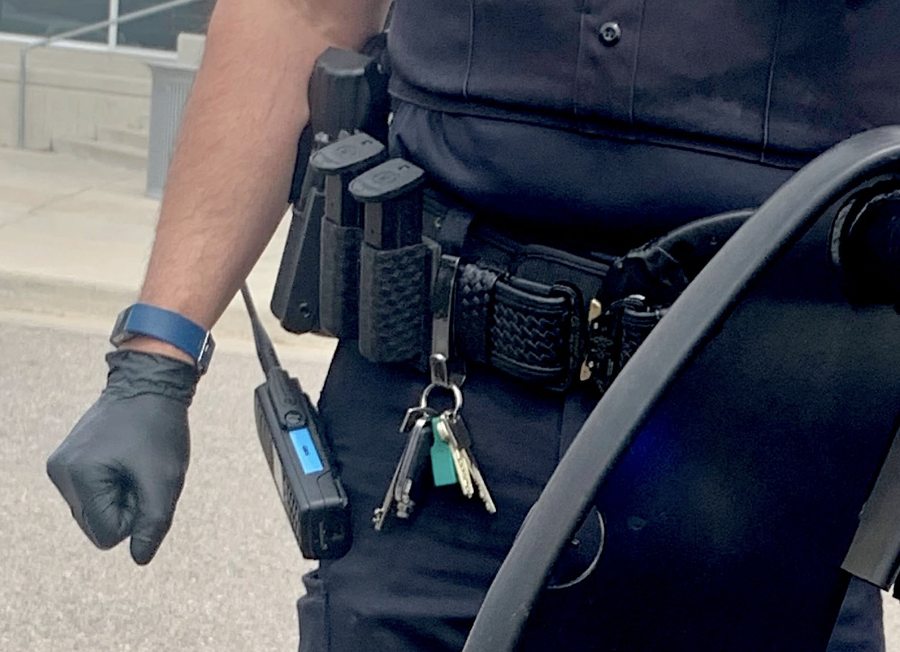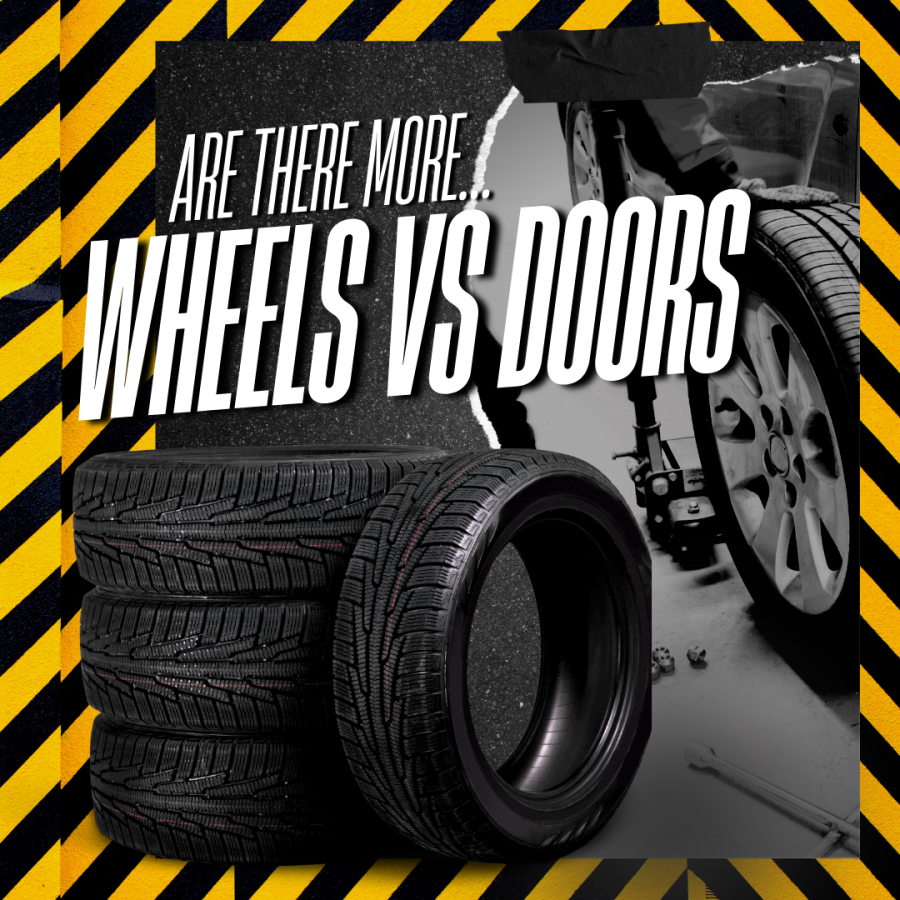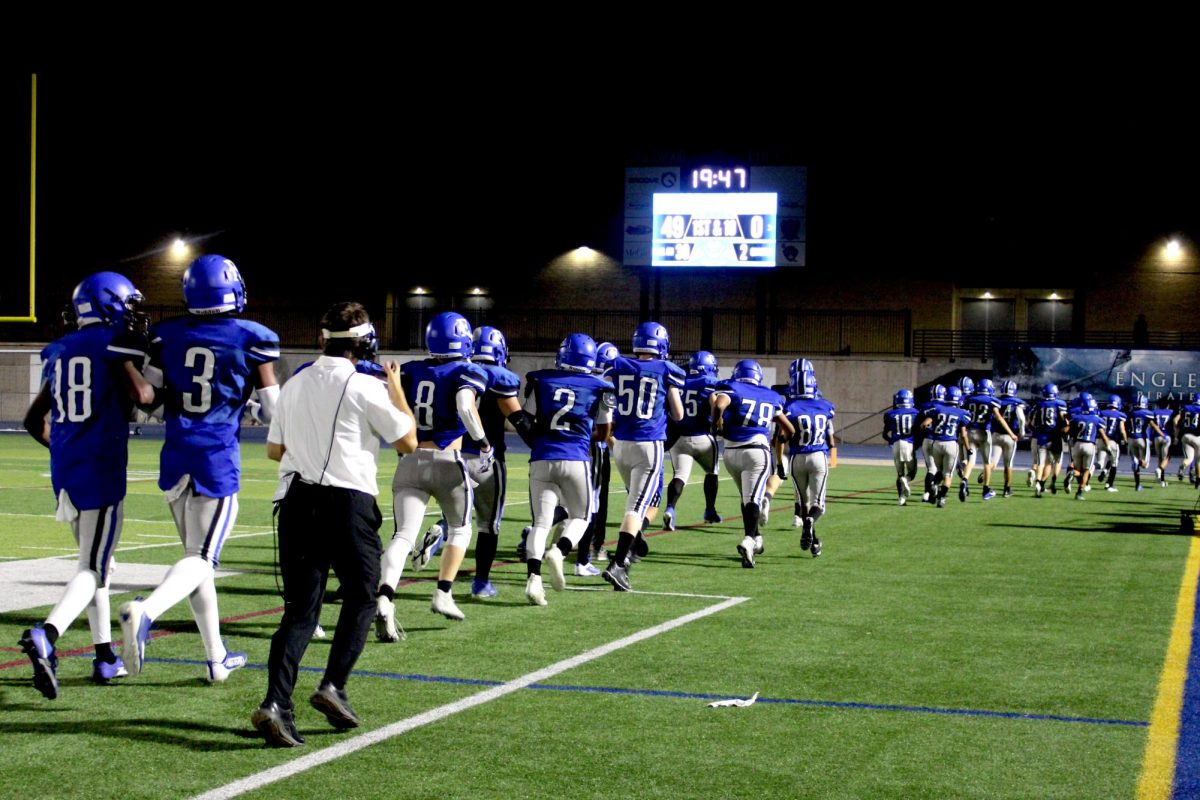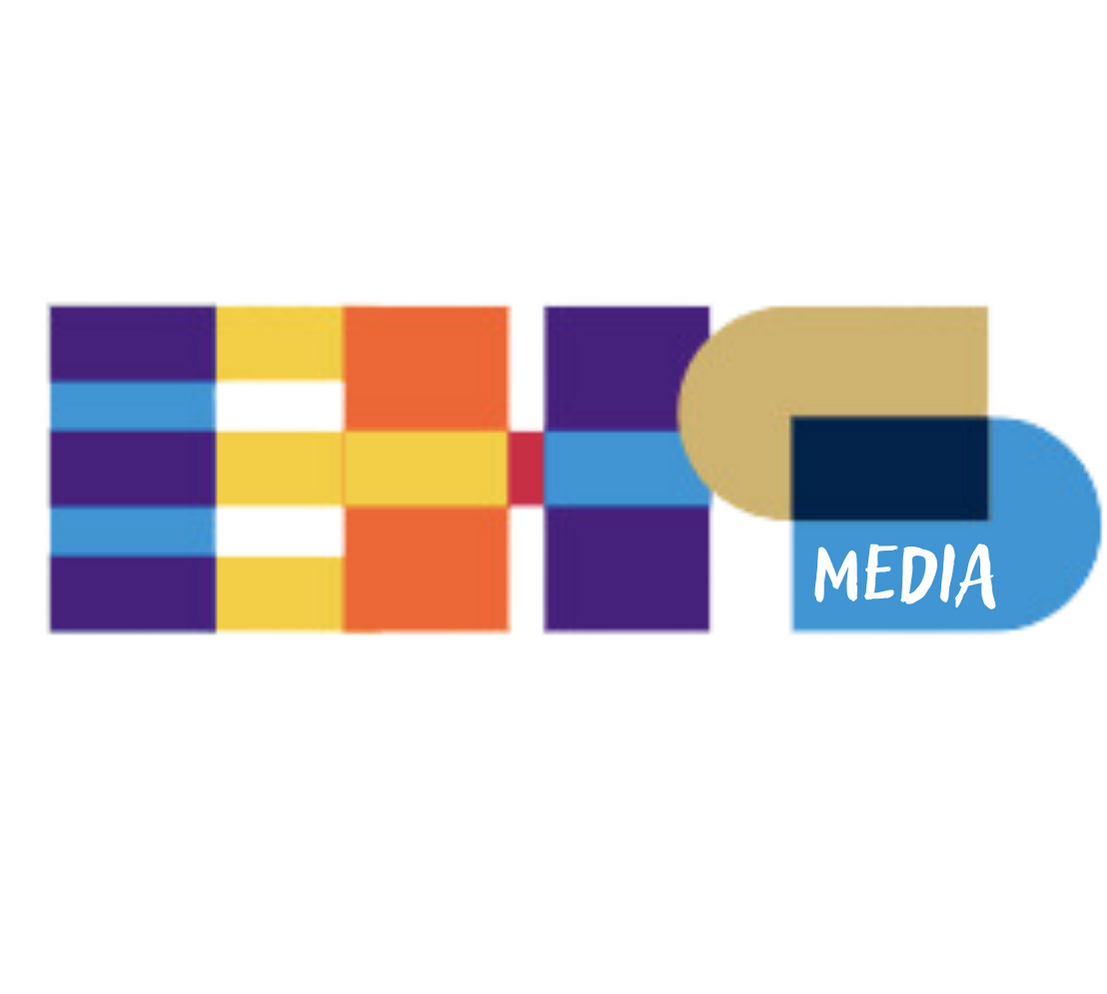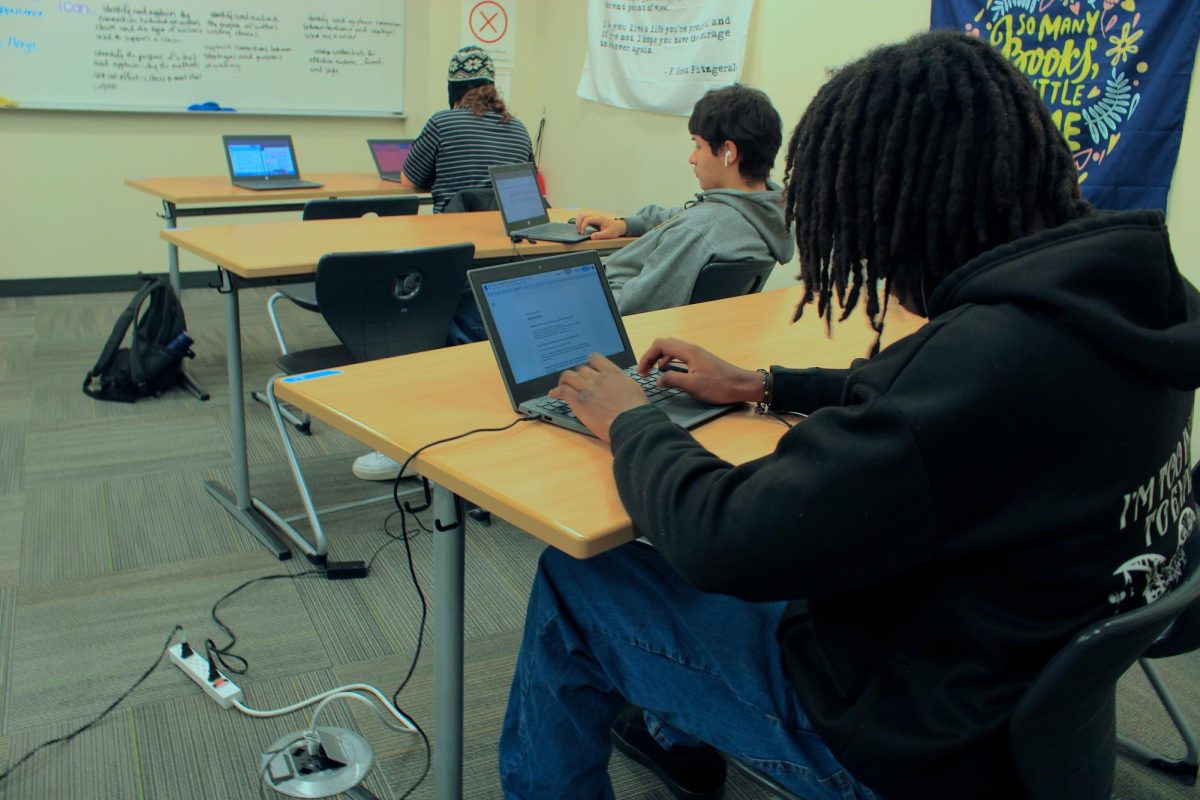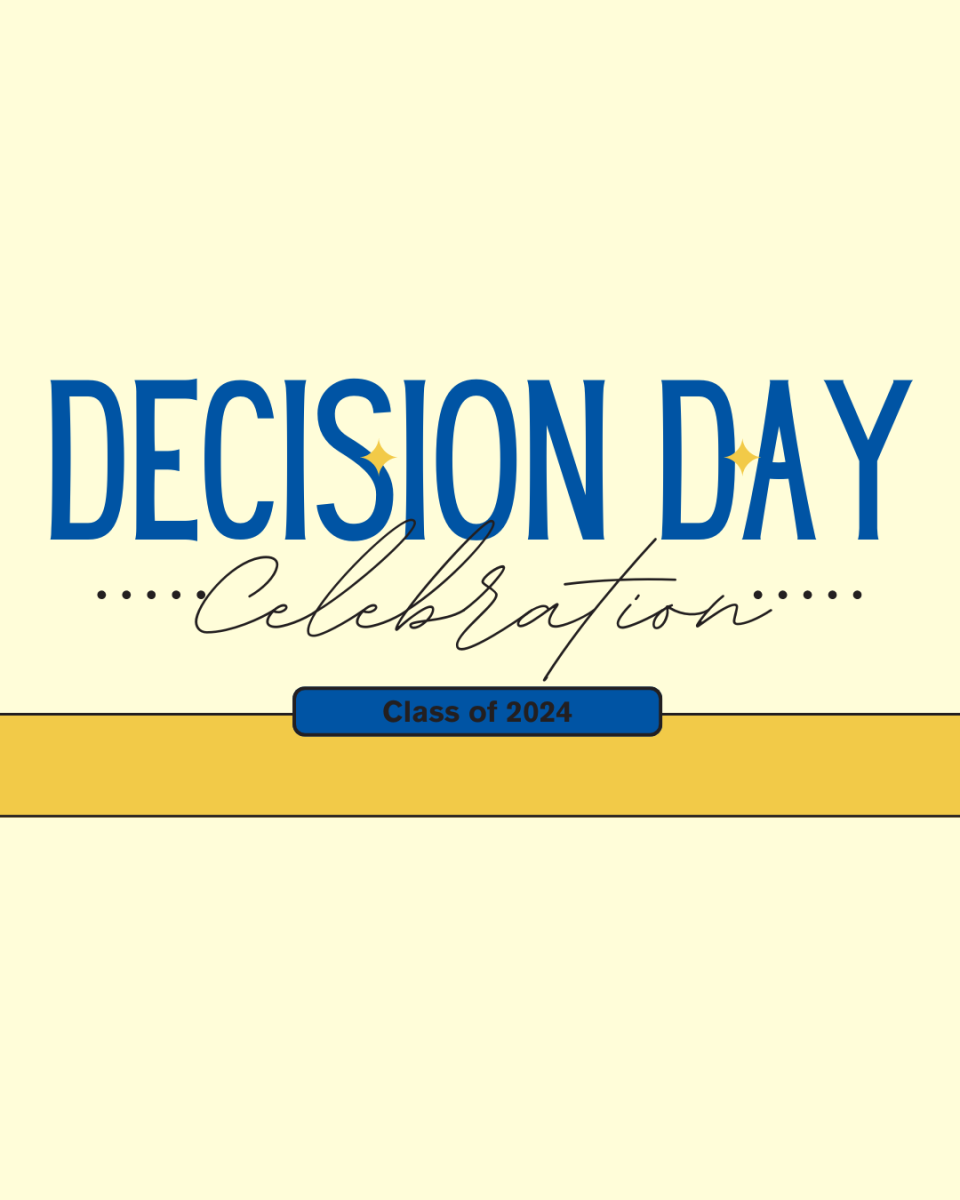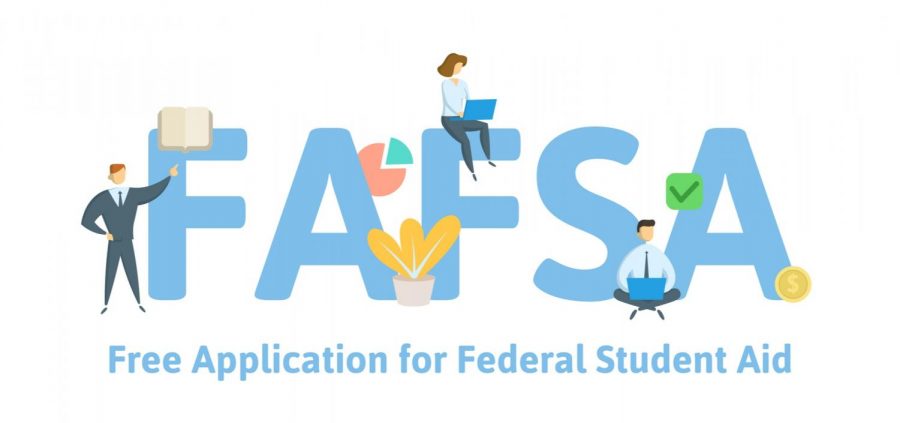Free Speech – How much do you know about your rights?

https://www.flickr.com/photos/democracychronicles/29295666271
November 6, 2017
If you ask a teenager at Englewood high school what Free Speech means to them, many say, “it means you can speak whenever you want but you can’t go overboard with it, at least during school.”
Most have a very limited understanding of the concept, “I think free speech is too opinionated,” Pedro Sanchez (10) said. It is a topic thrown around by students because many have seen NFL football players take a knee during the Pledge of Allegiance. Free Speech falls under the First Amendment of the Constitution. The First Amendment states, that: “Congress shall make no law…abridging freedom of speech.”
It allows for the freedom of expression and the right to assemble which is where most people engage in free speech. This includes the freedom for the press to accurately say what it would like, you can say what you would like to say, Americans can assemble by petitioning the government or protesting peacefully.
Freedom of speech allows you as a person who lives in America to say your thoughts or feelings without worrying about government censorship or punishment on behalf of the government. There are several really important things you need to know.
First, speech is free unless it is considered by law to be not protected, and that only the government or public actors can violate a person’s free speech.
Which types of speech are not protected by the First Amendment?
There are nine categories according to the Newseum Institute:
•Obscenity
•Fighting words
•Defamation
•Child pornography
•Perjury
•Blackmail
•Incitement to imminent lawless action •True threats
•Solicitations to commit crimes
“Some experts also would add treason, if committed verbally, to that list. Plagiarism of copyrighted material is also not protected,” Newseum experts said.
What are government or public actors and how can they violate a person’s free speech? This is a tricky area. School board members are ‘public actors’ because they are elected by the public. If you work for a private company, the company has a right to discipline you if you speak out against them. If you work for the government or public school, your free speech rights aren’t restricted as long as the speech doesn’t happen on company time.
What else do you need to know? The parts of Free Speech that you may deal with every day. As an example, can you say something mean about another student on Facebook and be protected by Free Speech? Can you make fun of your football team on Twitter and call it Free Speech? The courts are still deciding so experts say be careful of what you say and how you say it.
In the digital age, you have rights. School officials aren’t allowed to listen in on conversations at students’ private gatherings with friends, or rifle through their private videos and photo albums.
Without justification, school administration can’t search your email or social media without grounds. But it is possible to go too far and say too much as a student. Look up the case of “Bong hits for Jesus,” it limited student free speech.
What about hate speech? Hate speech is free speech until it crosses a line where it becomes fighting words that encourage violence or other actions. When a person or group is attacked based on factors such as gender, race, sexual orientation, religion or disability it can be discrimination and is not covered by the First Amendment. It is however covered by other state, local and national laws.
Offensive speech can get you fired from a job, but you aren’t likely to go to jail.
Freedom of Speech includes the right: *Not to speak (specifically, the right not to salute the flag).
*Of students to wear black armbands to school to protest a war (“Students do not shed their constitutional rights at the schoolhouse gate.”).
*To use certain offensive words and phrases to convey political messages. *To contribute money (under certain circumstances) to political campaigns. *To advertise commercial products and professional services (with some restrictions).
*To engage in symbolic speech, (e.g., burning the flag in protest). Freedom of speech does NOT include the right:
*To incite actions that would harm others. *To make or distribute obscene materials.
*Of students to make an obscene speech at a school-sponsored event. *Of students to advocate illegal drug use at a school-sponsored event.
Many students at Englewood High school know there are rules they need to follow but don’t know they fall under free speech, “Because it depends on who you talk to. If you are talking back to a teacher, my friends say, ‘I have free speech’ but that is just an excuse,” Pedro Sanchez (10) said.
Free speech stops short of requiring you to be respectful but it is good practice, “I like it because I can speak up whenever I want, whenever I want and not get discouraged for it,” Nisha Elaine, (10) said. It also doesn’t stop people from being offended by what you say, “People should not be offended by others mouths because actions speak louder than words anyway,” Lucia Soto, (10) said.


